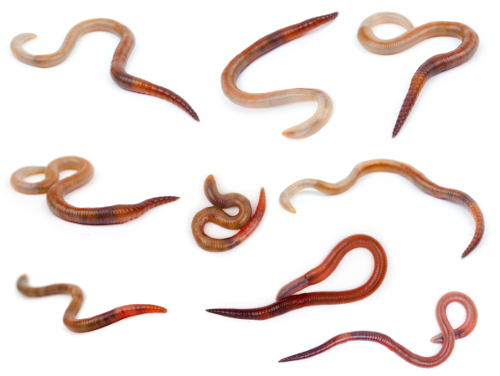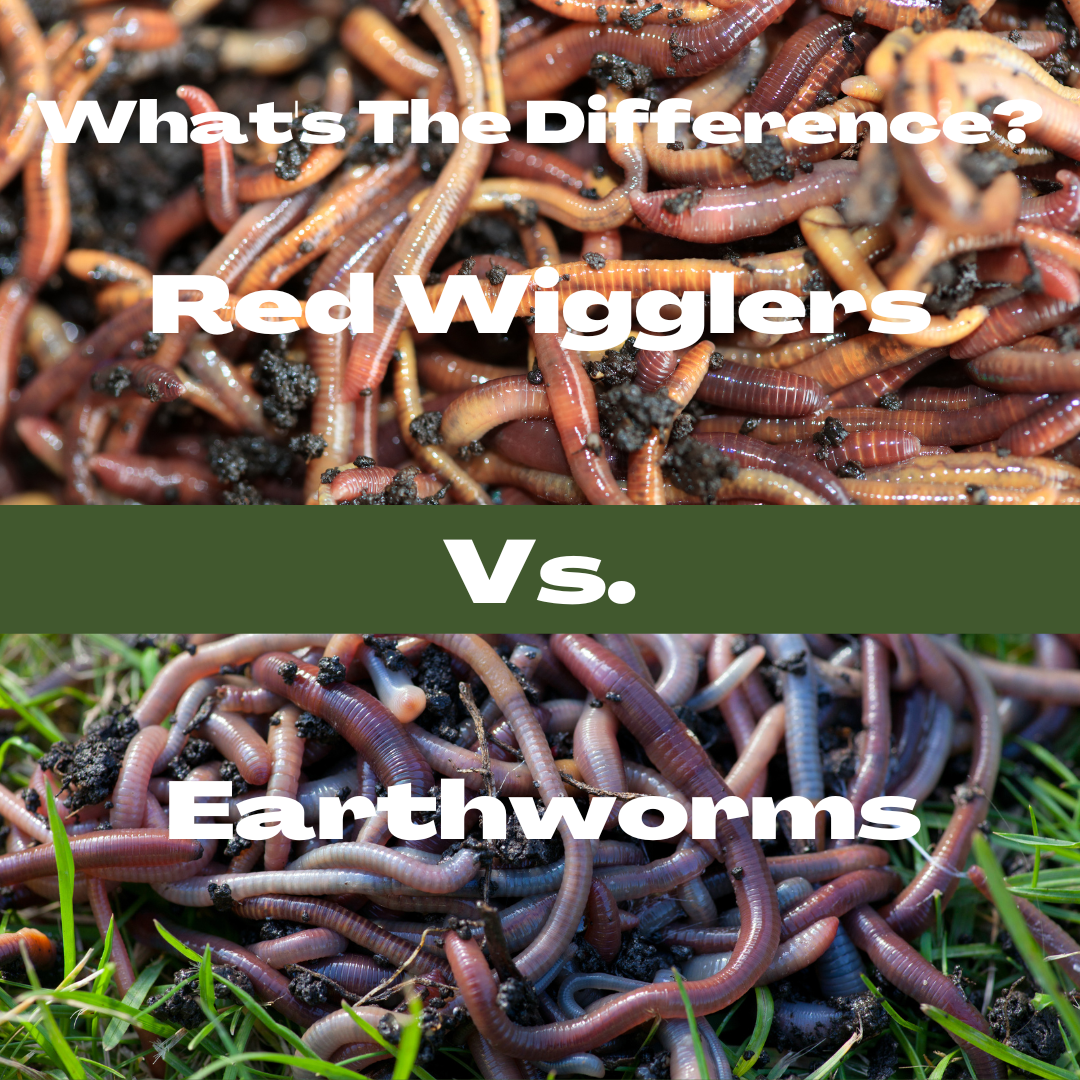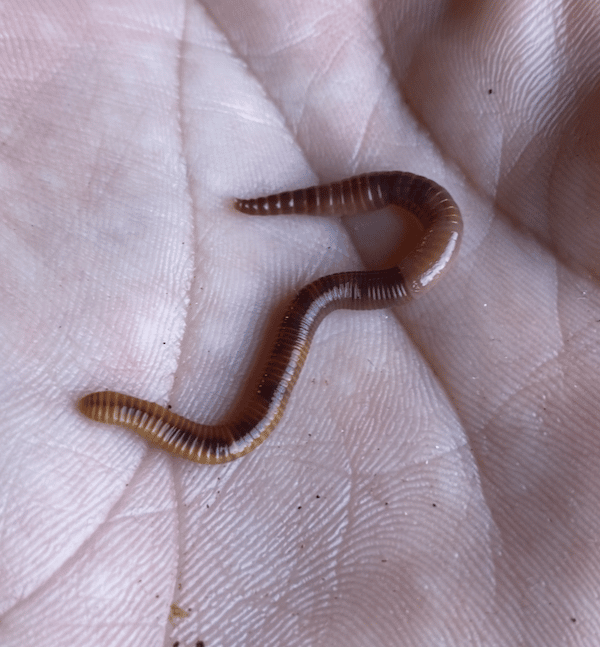Find Red Wigglers Near Me and Start Your Composting Journey Today
Wiki Article
Top Advantages of Red Wigglers for Your Composting Needs

Enhanced Compost Top Quality
One can appreciate the significant influence that red wigglers have on compost high quality. These earthworms, especially Eisenia fetida, are renowned for their ability to change organic waste into nutrient-rich vermicompost.In enhancement to boosting nutrition web content, red wigglers enhance soil framework. Their burrowing tasks develop channels that promote aeration and drain, promoting a healthier root setting. The microbial task boosted by their visibility leads to a more energetic and varied dirt biota, which further contributes to general plant health and wellness.
Furthermore, vermicompost retains moisture more successfully than standard garden compost, reducing the need for frequent watering. This home is particularly helpful in drought-prone areas. Overall, the inclusion of red wigglers in composting practices considerably boosts the quality of compost, making it a premium change for yards and agricultural applications.
Fast Disintegration Refine
The effectiveness of the decomposition process is considerably improved by the visibility of red wigglers, which actively speed up the malfunction of organic products (Red Wigglers Free Shipping). These earthworms, especially Eisenia fetida, are renowned for their starved appetite, consuming a substantial quantity of food waste daily. As they eat raw material, they simplify right into smaller sized bits, boosting the surface location for microbial activity and hastening decompositionAdditionally, red wigglers thrive in a damp, nutrient-rich environment, which even more advertises the development of helpful microorganisms. This symbiotic partnership between worms and microorganisms creates optimal problems for quick disintegration. The worms' burrowing task freshens the garden compost, guaranteeing ample oxygen degrees, which is vital for aerobic decay procedures.
Moreover, red wigglers can process a varied variety of natural products, consisting of kitchen scraps, paper, and lawn waste, making them flexible composters. Their ability to convert waste into garden compost promptly not just lowers the quantity of waste sent out to landfills but likewise creates a useful resource for farmers and garden enthusiasts. Basically, the incorporation of red wigglers in composting systems substantially reduces the moment required for natural waste to disintegrate, making them vital allies in sustainable waste monitoring.
Nutrient-Rich Spreadings
As red wigglers successfully break down organic materials, they create nutrient-rich castings, which are a highly advantageous result of the composting process. These spreadings, typically described as vermicompost, contain a riches of crucial nutrients consisting of phosphorus, nitrogen, and potassium, making them an excellent natural plant food for gardens and plants.The microbial activity present in red wiggler castings boosts soil structure, promoting oygenation and water retention. This better dirt top quality results in much healthier plant growth and enhanced plant yields. Additionally, the slow-release nature of the nutrients in worm spreadings ensures that plants receive a steady supply over time, decreasing the demand for chemical fertilizers.
Additionally, the visibility of advantageous microbes in read review these spreadings plays a crucial function in subduing soil-borne illness, fostering a more durable garden environment. The application of worm castings not just enriches the dirt but also adds to lasting gardening methods by reusing organic waste. Generally, utilizing red wigglers for composting not just produces nutrient-rich spreadings yet additionally sustains eco-friendly equilibrium while boosting the efficiency of your horticulture endeavors.

Odor Reduction Advantages
Using red wigglers in composting systems significantly adds to odor decrease, producing a much more pleasant setting for both gardeners and next-door neighbors. These worms are very effective at breaking down raw material, such as food scraps and yard waste, which can typically generate undesirable smells if delegated decompose anaerobically.Red wigglers flourish in cardiovascular problems, implying they call for oxygen to make it through. By promoting cardio decay, they assist to reduce the manufacturing of smelly gases like ammonia and hydrogen sulfide that prevail in inadequately linked here managed compost lots. Their constant movement through the garden compost aids guarantee that oxygen is equally dispersed, additionally boosting the cardio process.
Moreover, red wigglers take in damaging bacteria and organic materials that add to odors, transforming them right into nutrient-rich castings. This not only lowers undesirable smells but additionally contributes to a healthier compost atmosphere.
Eco-Friendly Waste Monitoring

The effect of red wigglers on waste decrease is considerable. By drawing away organic waste from landfills, where it would generate methane-- a powerful greenhouse gas-- these worms add to a decrease in total carbon emissions. Additionally, their capability to enhance soil wellness promotes sustainable agricultural practices, fostering biodiversity and reducing the need for chemical fertilizers.
Including red wigglers into waste administration approaches not just addresses waste disposal problems but additionally encourages neighborhood communities to embrace more lasting methods. By fostering recognition of vermicomposting and its advantages, individuals can proactively take part in environmentally friendly initiatives, ultimately bring about a healthier earth. Thus, red wigglers act as a vital part in the search of sustainable waste management services.
Conclusion
The integration of red wigglers into composting techniques significantly improves the general high quality and performance of natural waste handling. Overall, red wigglers offer as an important component in the mission for effective and environmentally liable composting services.The incorporation of red wigglers right into composting techniques provides a number of considerable advantages that can boost both the efficiency and performance of natural waste monitoring. In essence, the inclusion of red wigglers in composting systems significantly reduces the time needed for organic waste to break down, making them important allies in sustainable waste administration.
Red wigglers play a pivotal role in eco-friendly waste management by properly reusing organic products that would certainly otherwise contribute to garbage dump waste.Integrating red wigglers right into waste special info monitoring methods not only addresses waste disposal concerns yet likewise encourages regional areas to take on even more lasting techniques.The integration of red wigglers into composting techniques dramatically boosts the general quality and performance of organic waste handling.
Report this wiki page